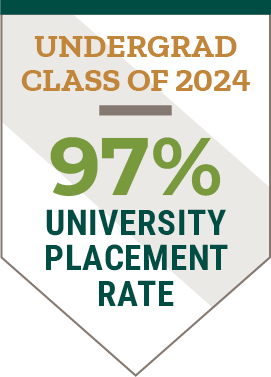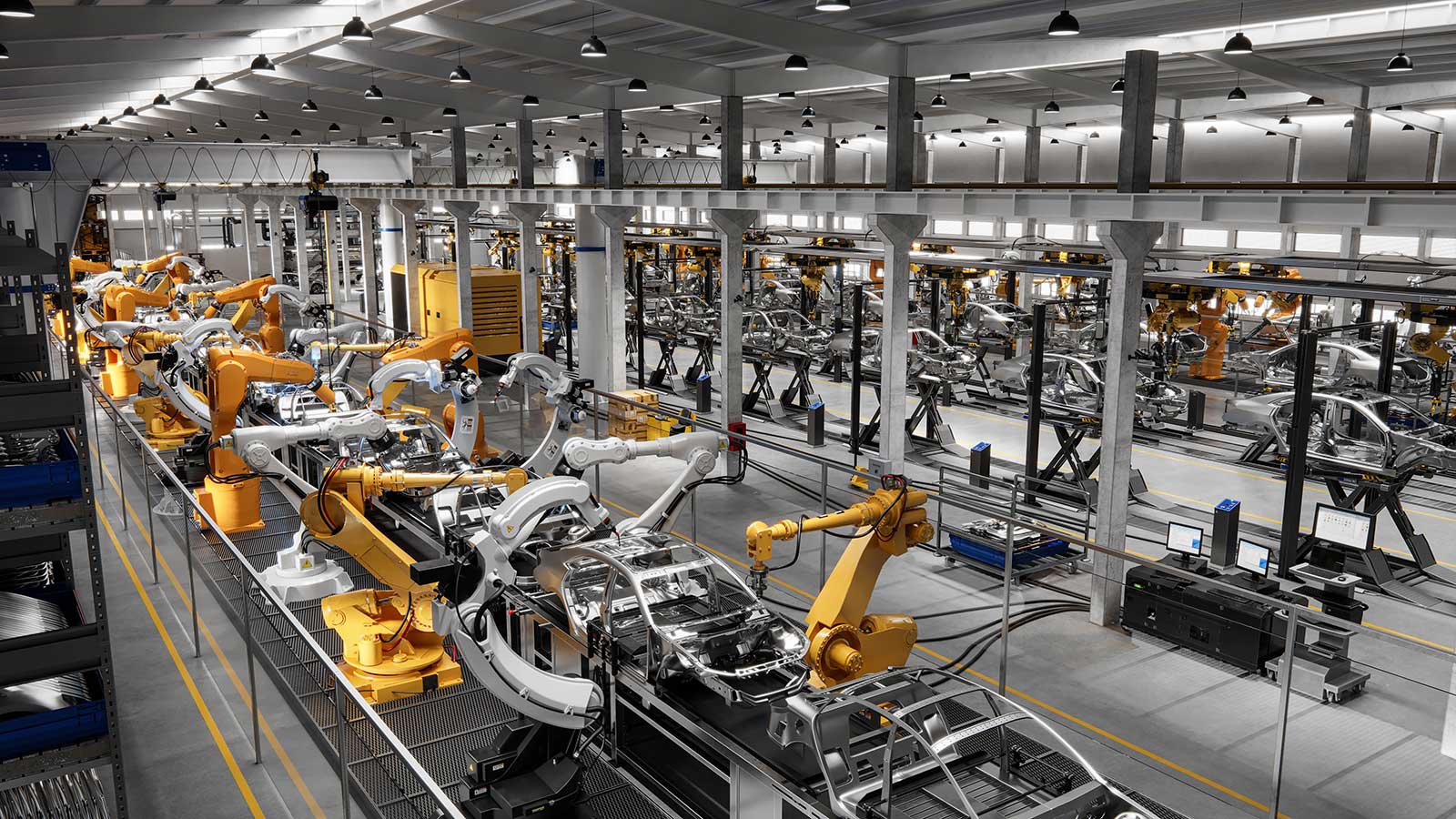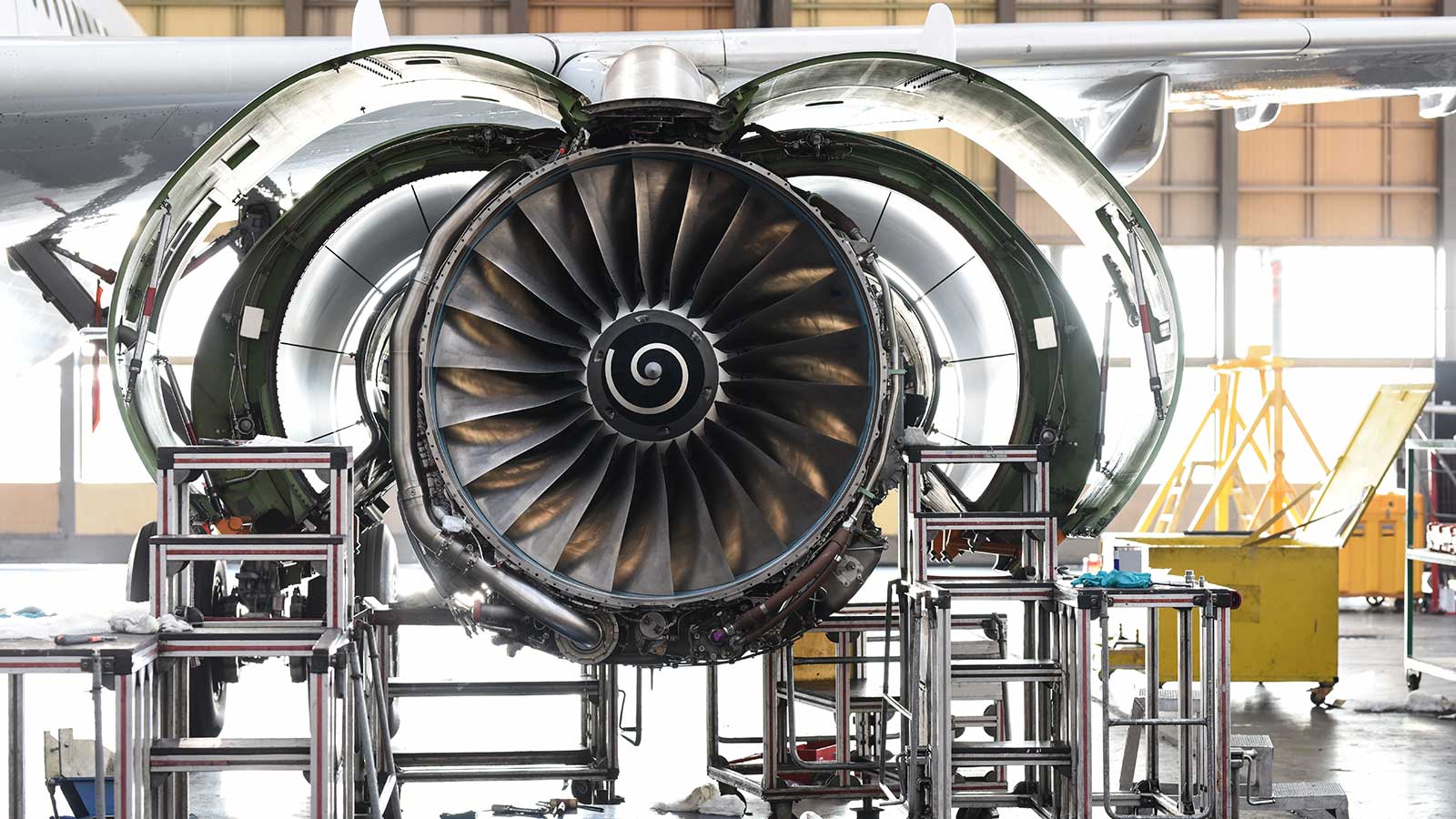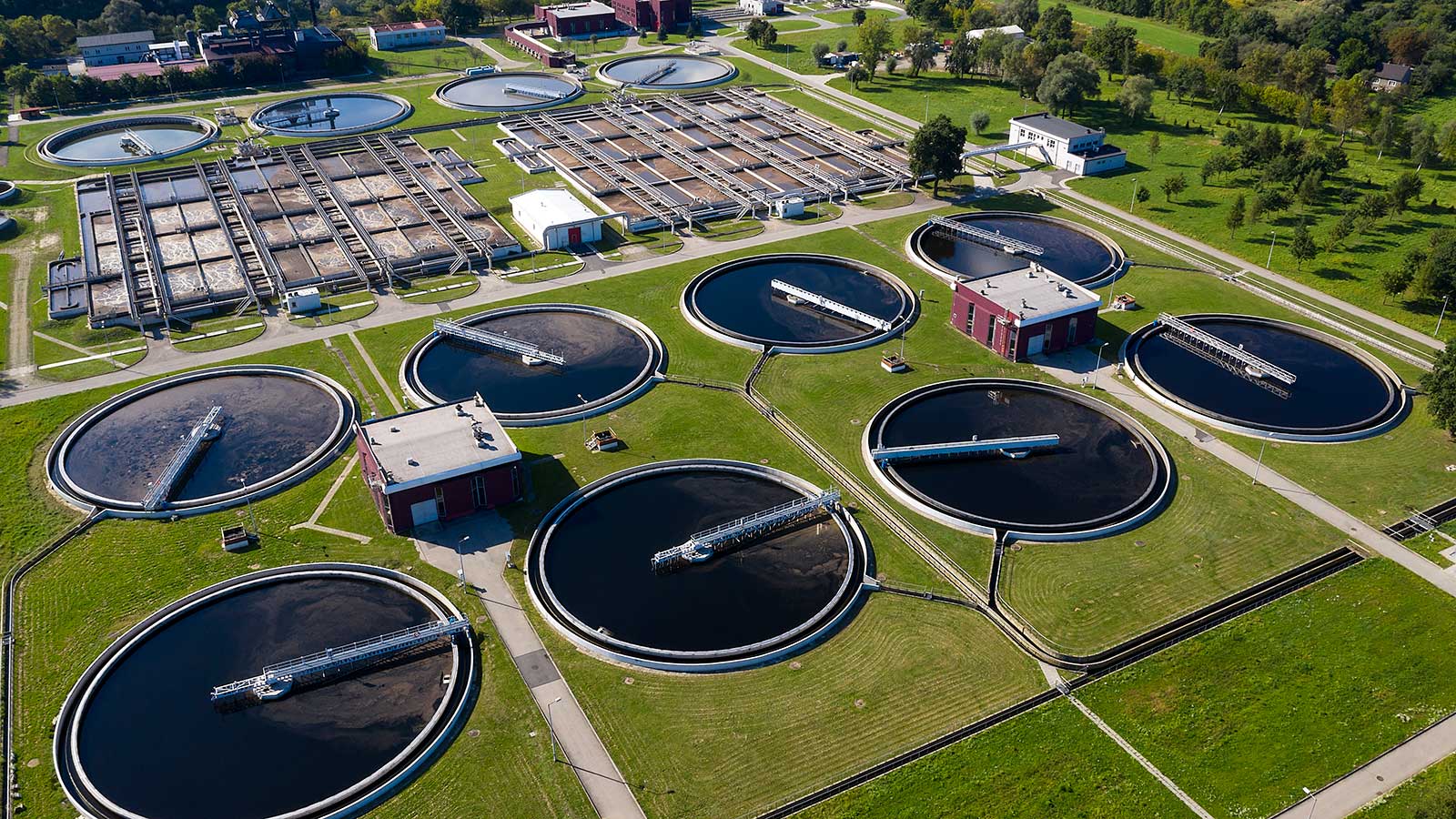Clarkson Common Experience
The following courses are required for all students, irrespective of their program of study. These courses are offered during the fall semester, with FY100 First-Year Seminar being required of only first-year students. Both FY100 and UNIV190 are typically taken during the fall semester of the first year at Clarkson.
FY100 First-Year Seminar (1 credits)
UNIV190 The Clarkson Seminar (3 credits)
Common First-Year Curricula
All students majoring in an engineering program offered by the Coulter School of Engineering and Applied Sciences (excluding engineering & management majors) take courses that are part of a common curricula during the first year. Therefore, students may defer the selection of a major field of study until the sophomore year. Beginning with the junior year, a significant amount of specialized material is incorporated into each curriculum. In the senior year, coursework is concentrated in the student’s chosen field. Courses in humanities and social sciences are taken throughout the 4-year program as part of the Clarkson Common Experience.
View the course catalogue for current Bachelor's requirements and course numbers.
Course Catalogue
During the first year, students majoring in an engineering program offered by the Coulter School of Engineering and Applied Sciences (excluding engineering & management majors) must complete the following courses:
- General Chemistry I
- Introduction to Engineering Use of the Computer
- Engineering & Society
- Calculus I
- Calculus II
- Physics I
- Physics II
Core Requirements
Students majoring in mechanical engineering are required to complete the following courses:
- Statics
- Strength of Materials
- Rigid Body Dynamics
- Electrical Science
- Materials Science & Engineering I
- Fluid Mechanics
- Thermodynamics
- Professional Experience
- Calculus III
- Elementary Differential Equations
- Advanced Engineering Mathematics
- Measurement & Instrumentation
- Introduction to Engineering Design
- Experimental Methods in Mechanical Engineering
- Thermodynamic System Engineering (or Vibrations & Control)
- Dynamical Systems
- Intermediate Fluid Mechanics
- Mechanics of Machine Elements
- Test Engineering
- Introduction to Heat Transfer
- Engineering Analysis Using the Finite Element Method
- Integrated Design I
- Integrated Design II
- Mechanical Vibrations & Control (or Thermodynamic System Engineering)
Core Electives
The following are electives students are required to complete for the mechanical engineering major. Students must select a 3-credit engineering elective in mechanical engineering, aerospace engineering or engineering science. Typical courses include ME444 Computer-Aided Engineering (CAD), ME443 Optimal Engineering, ES380 Biomechanics, ME390 Additive Manufacturing or ME429 Welding and Metallurgy.
Professional Electives
This requirement can be satisfied with upper-division courses in mathematics, physics, other engineering disciplines and mechanical engineering (e.g., STAT383 Applied Statistics, MA339 Fourier Series and Boundary-Value Problems).
Knowledge Area/University Course Electives
Students majoring in mechanical engineering are required to take at least 15 credit hours to satisfy the Knowledge Area and/or University Course electives requirement. This, for mechanical engineering majors, must include ES110 Engineering & Society and a course in economics, such as EC350 Engineering Economics.
Free Electives
Students majoring in mechanical engineering have at least 6 credit hours available to use toward courses of their choice.






